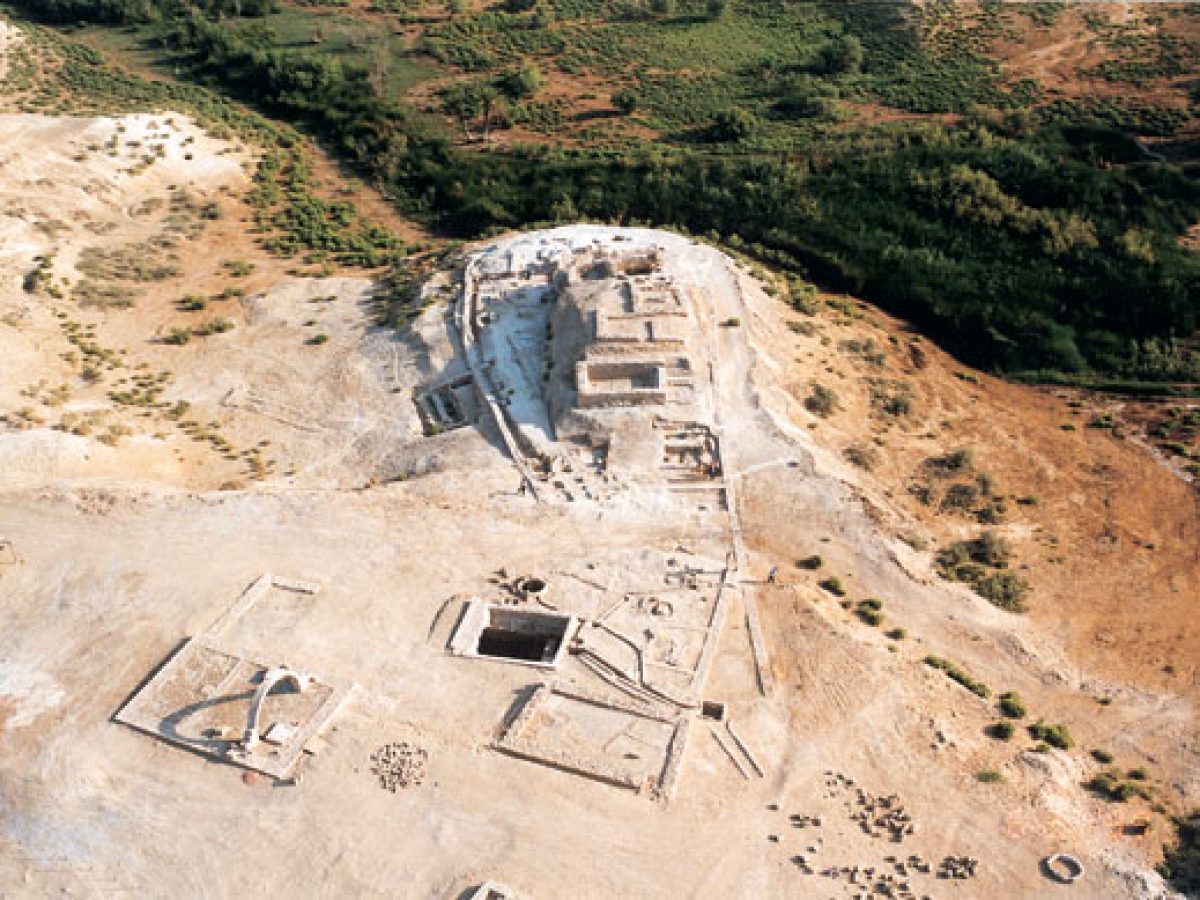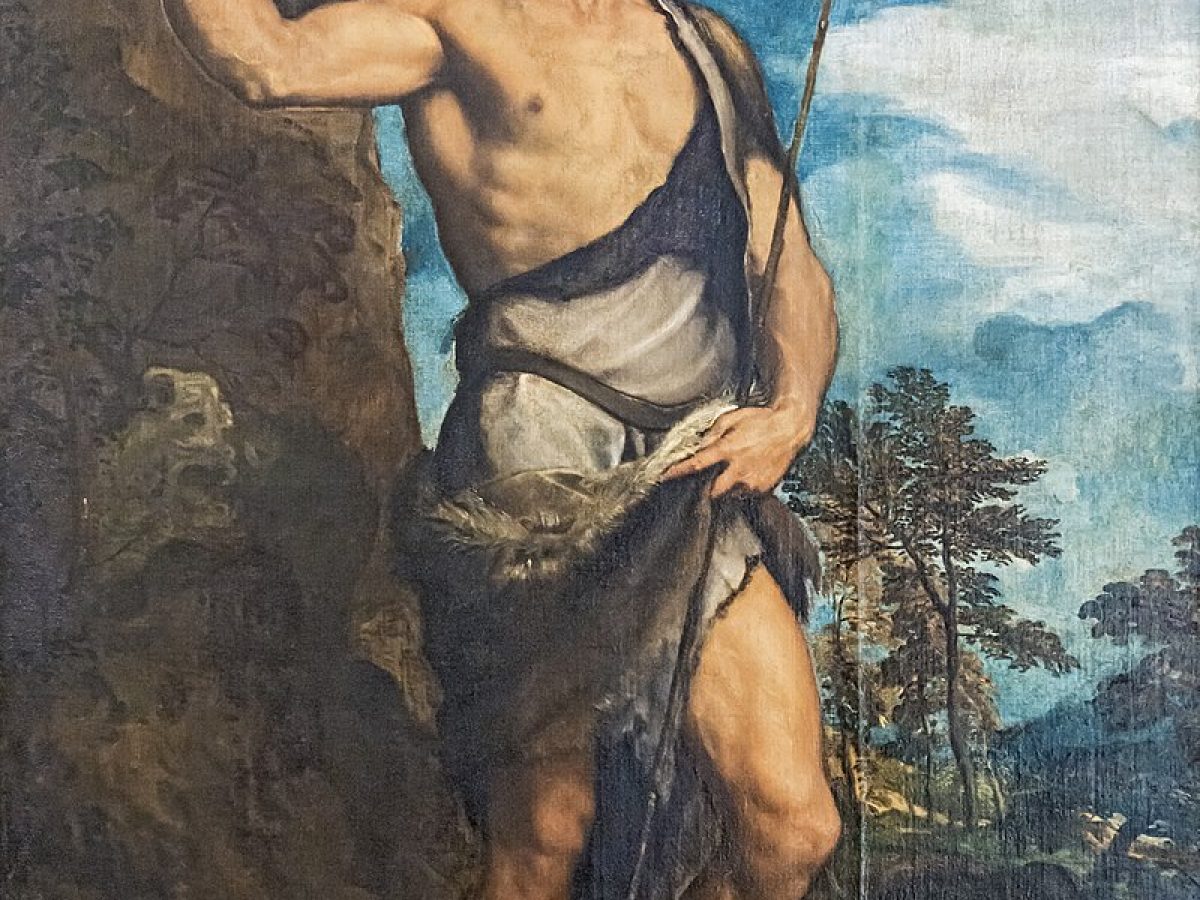The baptism site of Jesus Christ, holds deep religious significance, particularly in Christian tradition
It is believed to be where John the Baptist lived and preached, as well as the area known as Tall Al-Kharrar, or Elijah’s Hill, where the prophet Elijah is said to have ascended to heaven. Visitors to this sacred site can explore several newly uncovered archaeological and religious sites, including churches, baptismal pools, and pilgrim rest areas that date back to the Roman and Byzantine periods.
The site is not just a pilgrimage destination but also a place of profound historical and cultural interest. The Jordanian government and various religious organizations have developed the area to accommodate visitors, offering guided tours that explain the site’s historical context and its significance in religious history.

Tall Al-Kharrar, also known as Elijah’s Hill, holds profound religious significance as it is traditionally identified with the site where the prophet Elijah ascended to heaven in a chariot of fire. This hill is located near the Jordan River and forms an integral part of the baptismal site of Bethany Beyond the Jordan, where John the Baptist is believed to have baptized Jesus. The area is rich in biblical history and has attracted pilgrims and scholars alike, who come to explore its historical and spiritual dimensions.
Archaeologically, Tall Al-Kharrar has revealed a number of Byzantine and Roman ruins, evidencing the long-standing veneration of this site. These include the remnants of ancient churches and monastic cells, which suggest that this area was once a thriving religious community. The hill itself offers panoramic views of the surrounding wilderness, enhancing the spiritual and reflective experience for visitors.
In addition to its biblical associations, the site’s natural setting contributes to its appeal. The landscape around Tall Al-Kharrar is characterized by rugged terrain and native vegetation, which has remained largely untouched over centuries, offering a glimpse into the natural environment that would have been familiar to figures like Elijah and John the Baptist.
Today, Tall Al-Kharrar is part of a larger complex that includes facilities to accommodate the needs of modern pilgrims and tourists. The Jordanian government and religious organizations have developed pathways, viewing platforms, and interpretative signs to enrich the visitor experience, allowing for greater access and understanding of this historically rich site.
John the Baptist is a pivotal figure in Christianity, revered not only as the forerunner of Jesus Christ but also as a prophet in his own right. His life and ministry were deeply intertwined with the area of Bethany Beyond the Jordan, a place marked by religious significance and identified as the site of Jesus’ baptism.
John’s life in this region was characterized by an ascetic lifestyle; he lived in the wilderness, symbolizing his separation from societal norms and his dedication to God’s work. This lifestyle was reflective of his message of repentance and spiritual renewal, which he preached to all who would listen. The Bible describes him wearing clothing made of camel’s hair and sustaining himself on locusts and wild honey, emphasizing his prophetic and austere manner of living.
His preaching attracted large crowds from across Judea and Jerusalem, and his message focused on the need for repentance because the kingdom of heaven was near. This message culminated in the act of baptism, a ritual of purification that he administered in the Jordan River. The baptism of Jesus by John is one of the most significant events in Christian theology, symbolizing Jesus’ purification and readiness to begin his own ministry.
Bethany Beyond the Jordan, due to these pivotal biblical events, has become a place of pilgrimage and reflection for Christians worldwide. The area is now an archaeological site featuring ruins of ancient churches and baptismal pools, where pilgrims can experience a connection to the spiritual heritage that John the Baptist left behind.
John’s legacy in Bethany Beyond the Jordan is not just in the physical landmarks but in the profound impact of his teachings and actions that laid the groundwork for the ministry of Jesus, shaping the core beliefs and practices of Christianity today.

Nearby attractions include several monasteries and churches that have been built over the centuries, and visitors can also take in the serene natural landscape, which includes views of the Jordan River. The facilities for visitors have been thoughtfully integrated into the environment, ensuring that the spiritual and natural atmosphere of the site is preserved.
For those planning to stay, there are a range of accommodations nearby, from guesthouses to hotels that cater to various budgets and preferences. Dining options in the vicinity offer local Jordanian cuisine, providing an authentic taste of the region’s culinary culture. Bethany Beyond the Jordan offers a unique combination of spiritual enrichment, historical exploration, and natural beauty, making it a must-visit for those traveling to Jordan.

